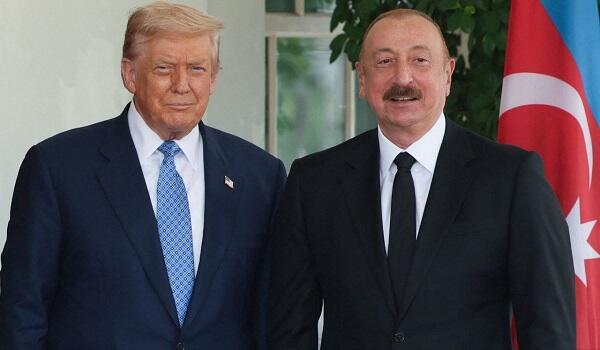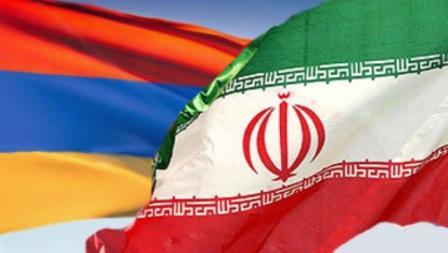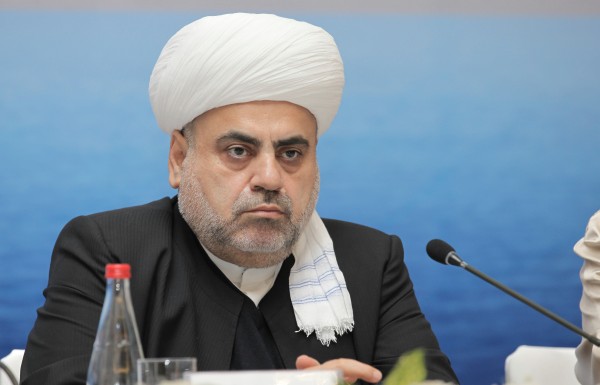According to Weiner, motivation defined as thought and action, which is driving people to set goals or to do their fulfillment (Weiner, 1992). Motivation is the reason of to do something for realizing our wishes or requirements. It includes biological, psychological, social, and emotional circumstances for stir up behavior. Motivation significant components of the decision – making and also it affect inner stimuli. People work or study, go university, create something, draw, paint etc. All of these activities, which are belong to the human being, driving by the motivation. Motivation is a process of arousal, direction and persistence of certain aspects of action
Motivation is one of the main important parts of the work life, but at the same time organizations less focus on motivational issues than it needed. Companies, who have high motivated employees, show the high output of each year in the market. Motivated employees are also making excellent reputation between public and competitors. The researches of motivation help organizations and superiors understand what makes people happy, satisfied, why they persist do same behaviors for a long time repeatedly.
Each person has a different personality type, different identity and motivators are difference for each people (Arnold, Randall, 2010). For that reason, there are lots of factors that affect motivation. All human beings have basic needs such as food, promoted in career, gaining money;, to be successful, and rewarding is very critical that it is a message to person we care you, consider your success and your success is really important for us. According to the scientists, rewards separated into two types: Intrinsic and Extrinsic. Intrinsic rewards come from the inner stimuli and mainly connected with the award of recognition, sense of achievement and receive personal satisfaction from the action. Intrinsic rewards understood as do something for a personal mission, for instance, volunteer people work in Africa for reducing illiteracy in the countryside. Extrinsic rewards are tangible rewards and physically given to another person by the managers or superiors. It is tangible recognition for someone, such as pay, promotions; bonuses and it come from someone else for the satisfying worker. These kinds of rewarding are important because it gives employees additional motivation from their job. The research have shown that the most skillful workers not often motivated extrinsic rewards, like salary or benefits, they mainly seek personal content from job and strategic managers and organizations contribute their employees to acquire their intrinsic rewards. With satisfying employees' needs and wishes, then employees will do more effort to fulfill their responsibilities and with this way organizations will show high performance in the market.
The investigation of term motivation, refer to understand human's behavioral patterns such as try to figure out why do human being do specific actions what they do? In our daily or working life, we select particular behavior pattern for a long time period, and motivation study investigate why human being prefer an exact set of action compare to others. Mitchell (1982) defined four elements of motivation, which trigger for motivation:
1. Motivation is an individual phenomenon – According to this viewpoint, motivational factors differentiate people to people and each person has unique characteristics
2. Motivation is intentional – In this point of view, motivation supposed to depend on employee's control and he/she personally defines how much efforts will spend for particular task
3. Motivation is multifaceted - Motivation emerge based on desired behavior by the human being
4. Motivation theories predict behavior – Motivation is sort of action dominated by the internal and external energy
According to these four elements, Mitchell describes motivation as unique action executed by the individuals with particular behaviors. Organizations and scientist always investigate expectations at work that people want from work and what is driving force for employees? The term motivation is comprehensible and understanding motivation's elements, we have to find out influential factors to human motivation. According to the Farren, 12 basic human needs defined our motivations, from the beginning of human being: family, health, and well-being, work, career, economy, learning, home/shelter, social relationships, spirituality, community, leisure, mobility, and environment/safety. Farren claims that 12 basic human needs foundation of understanding motivation and they have never changed through the history.



















































